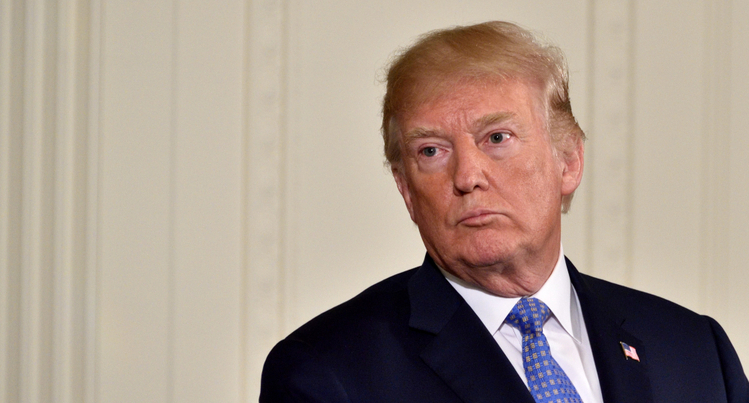Topline Federal Spending Numbers Agreed To As Partial Shutdown Lingers
House Speaker Mike Johnson (R-Ohio) signs off on a $1.6 trillion topline budget number for fiscal year 2024. Johnson advised members of the agreement on Sunday, The Hill reported, with $886 billion set aside for defense and another $704 billion for nondefense discretionary spending. The government will partially shut down after Jan. 19, absent an agreement between Democrats and Republicans.
Also on Capitol Hill this week. The Senate Budget Committee will hold a hearing Wednesday on safeguarding municipal bonds from climate risk.
How can the tax code spur economic growth and support working families? TPC’s Len Burman in recent congressional testimony argued that investing in children and supporting the wages of working people are critical components for equitable and sustainable economic growth. He recommended a fully refundable child tax credit (CTC), similar to the one implemented temporarily in 2021, and a universal earned income tax credit (EITC). He also recommended that Congress regularly evaluate the effectiveness of all tax expenditures and reforming or repealing them if required.
How do flexible spending accounts work, and who benefits? TPC’s Tax Hound Renu Zaretsky asks whether federal tax policy should reward or encourage health-focused purchases that a family already chooses to make. Perhaps, but flexible spending accounts—pre-tax dollars that employees set aside for annual medical expenses—largely reach families who are less likely to need the financial help.
Sugary drink sales sank in cities with sugary drink taxes. A new study finds that sugar-sweetened beverage taxes in Boulder, Colorado, Philadelphia, Pennsylvania, Oakland and San Francisco, California, and Seattle, Washington, were associated with a 33.1 percent increase in in the prices of those beverages and a 33 percent reduction in the volume of purchases. The taxes also did not increase cross-border purchases of the drinks in jurisdictions without the tax, according to the study.
It cost about 20 percent more last year to hire an accountant to help with your taxes. The National Association of Tax Professionals shares in its 2023 Tax Fee report that tax professionals charged an average of $219 more for new clients last year, a 25 percent increase from $174 in 2021. Why the double-digit price increase? Accounting firms can’t find enough staff to do the work. Recruiting new staff has been difficult due to perceptions of the field among college students.
For the latest tax news, subscribe to the Tax Policy Center’s Daily Deduction. Sign up here to have it delivered to your inbox weekdays at 8:00 am (Mondays only when Congress is in recess). We welcome tips on new research or other news. Email Renu Zaretsky at [email protected].






